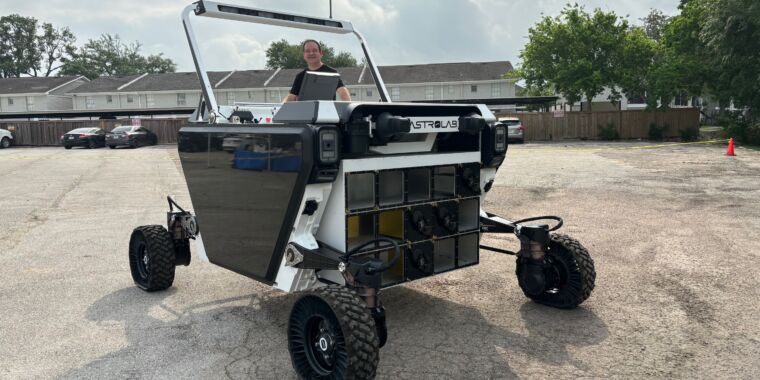
An AI expert explains why it’s hard to give computers something you take for granted: Common sense
Imagine you’re having friends over for lunch and plan to order a pepperoni pizza. You recall Amy mentioning that Susie had stopped eating meat. You try calling Susie, but when she doesn’t pick up, you decide to play it safe and just order a margherita pizza instead.
People take for granted the ability to deal with situations like these on a regular basis. In reality, in accomplishing these feats, humans are relying on not one but a powerful set of universal abilities known as common sense.
As an artificial intelligence researcher, my work is part of a broad effort to give computers a semblance of common sense. It’s an extremely challenging effort.
Despite being both universal and essential to how humans understand the world around them and learn, common sense has defied a single precise definition. G. K. Chesterton, an English philosopher and theologian, famously wrote at the turn of the 20th century that “common sense is a wild thing, savage, and beyond rules.” Modern definitions today agree that, at minimum, it is a natural, rather than formally taught, human ability that allows people to navigate daily life.
Common sense is unusually broad and includes not only social abilities, like managing expectations and reasoning about other people’s emotions, but also a naive sense of physics, such as knowing that a heavy rock cannot be safely placed on a flimsy plastic table. Naive, because people know such things despite not consciously working through physics equations.





















